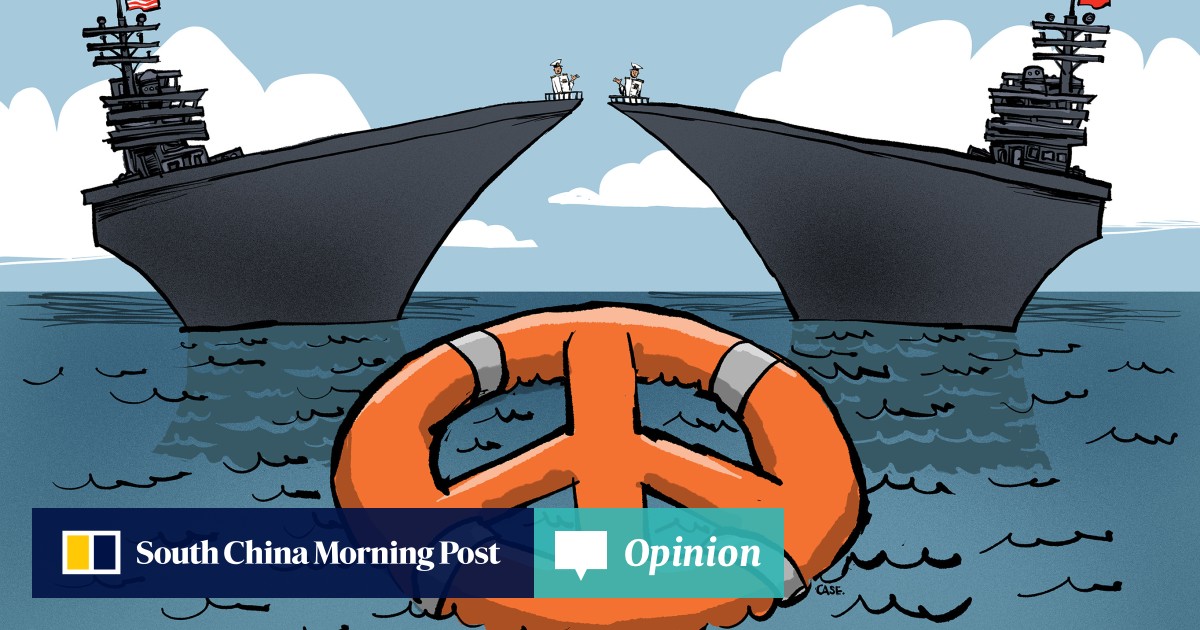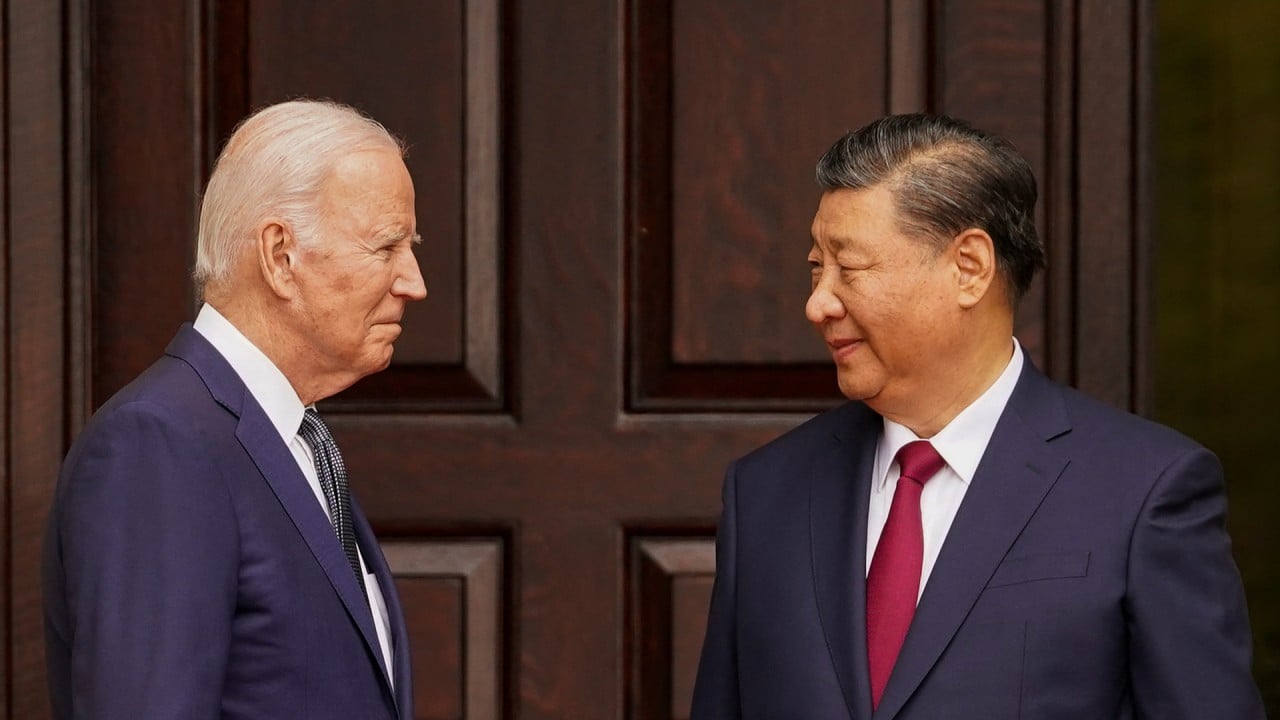There are growing calls advocating for the US Navy to promptly develop and deploy additional capabilities, as well as address issues with ship design, production, maintenance, repair and human resources. Del Toro has said the US would be open to shipyards in Japan and South Korea assembling some warships to increase production.
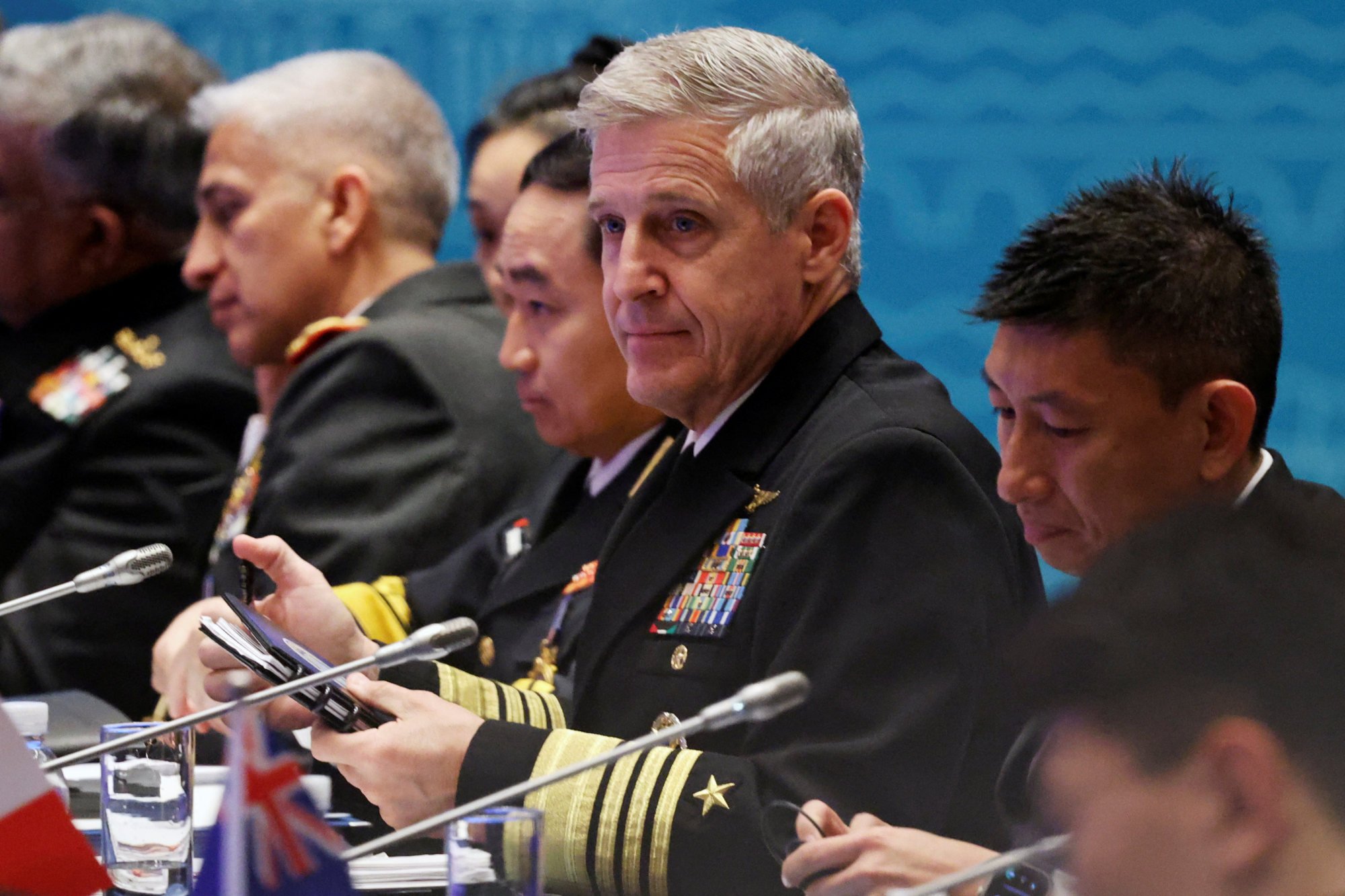
Both the US and China have shown the multifaceted roles of their navies, which encompass traditional and non-traditional security functions such as research, rescue, humanitarian assistance, disaster relief and counter-piracy operations. For instance, the PLA Navy has collaborated with the US to combat piracy, notably off the coast of Somalia.
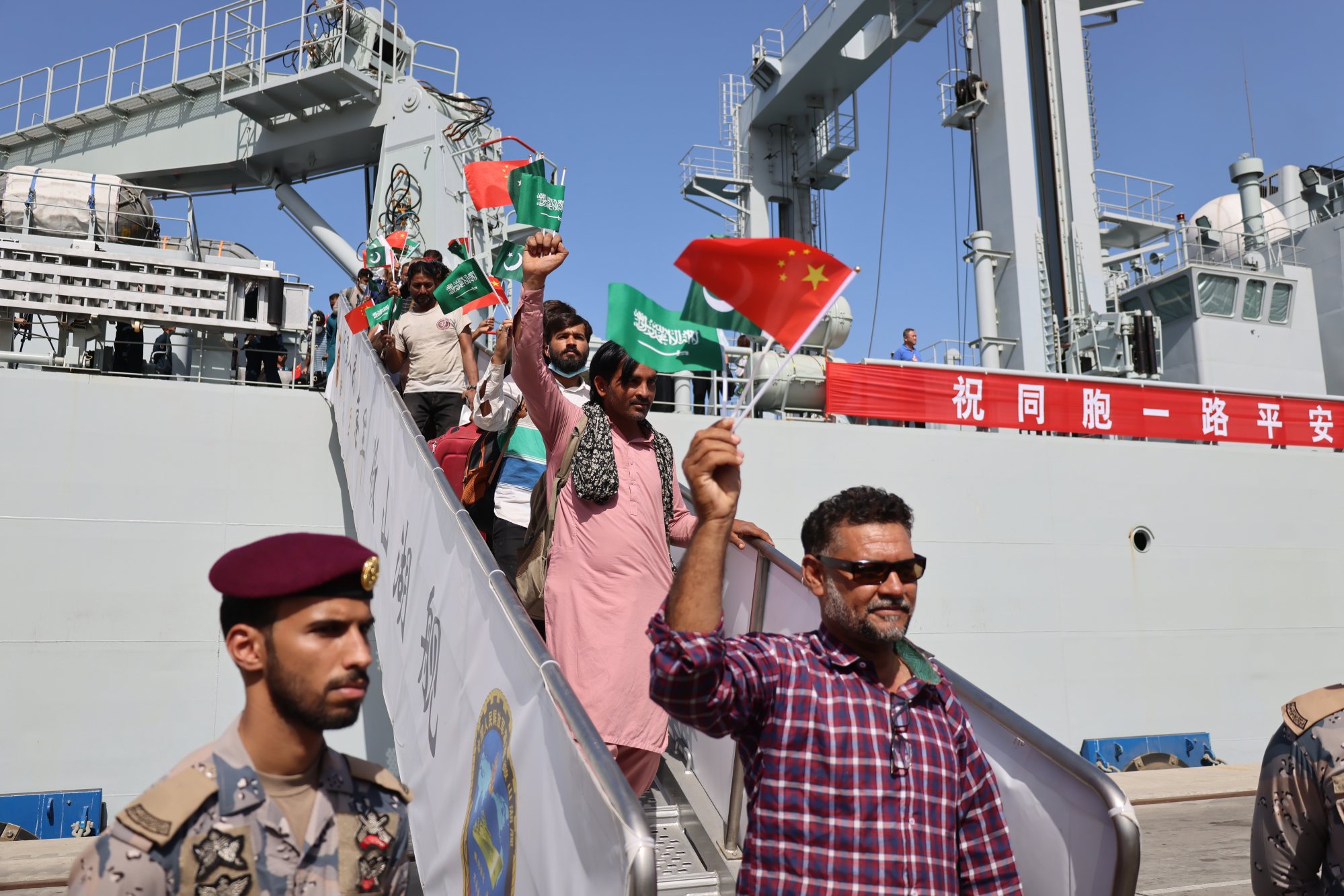
The US and China have collaborated on maritime law-enforcement matters, including efforts to combat illegal fishing and smuggling. Both countries are parties to international fisheries conventions and agreements.
Both China and the US have also helped other countries in their response to natural disasters and humanitarian crises. This includes deploying naval vessels, aircraft and personnel to deliver aid, conduct medical evacuations and support relief efforts.
During the discussions in Honolulu, military officials from both countries reviewed recent safety-related events in the region and discussed strategies for maintaining professionalism as well as maritime and aerial operational safety.
While cooperation in maritime security remains possible, it is overshadowed by overall US-China competition and geopolitical tensions. In the future, both countries are expected to persist in their strategic competition across various domains, including military capabilities, technology development, shipbuilding capacity, and influence in both regional and global affairs.
This rivalry may lead to an increased military presence as well as exercises and deployments in strategically significant areas. Therefore, effectively managing differences, fostering trust and adhering to international norms and rules are critical challenges when it comes to advancing US-China cooperation in this vital domain.
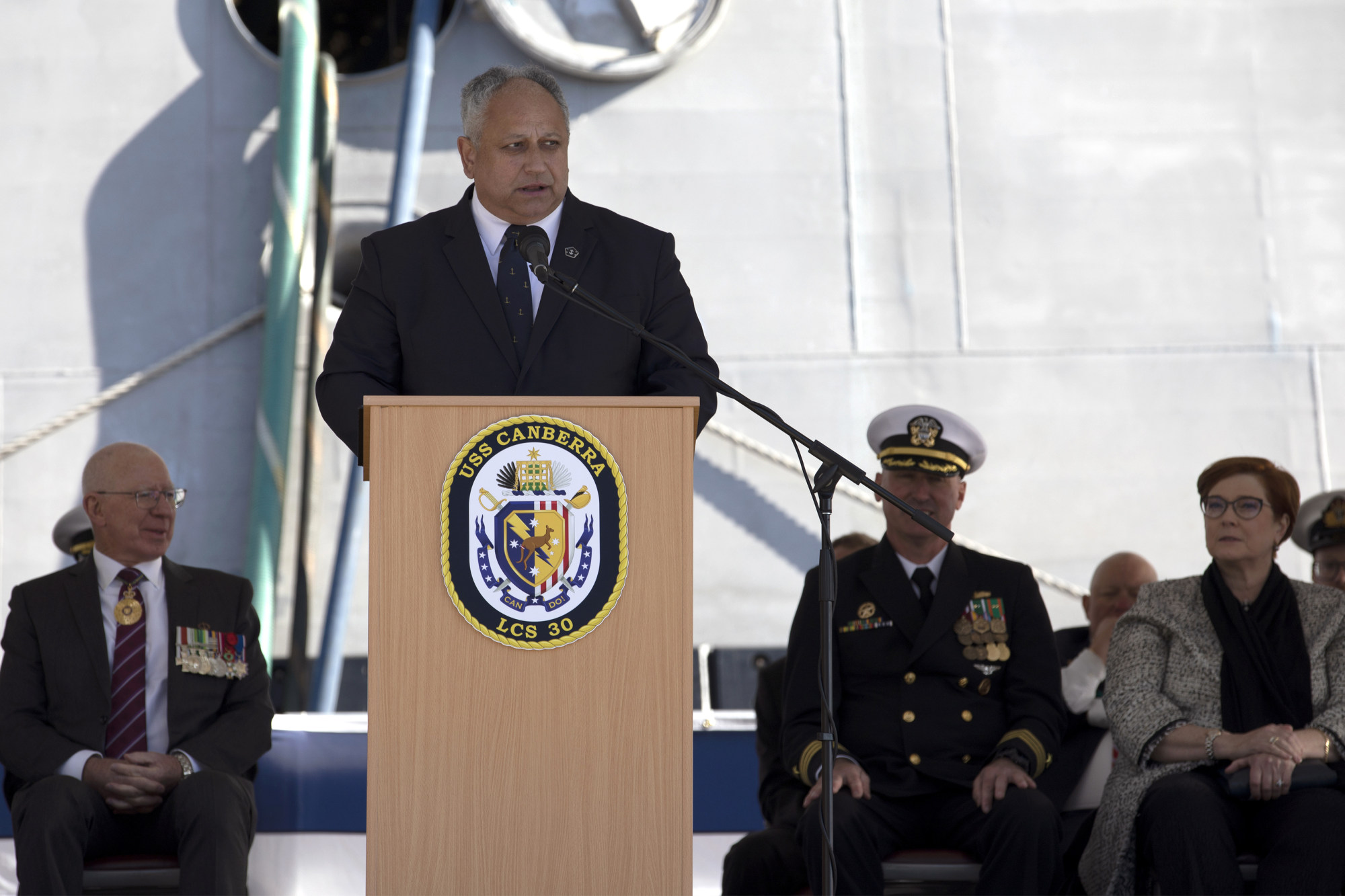
Improving communication among junior naval officials through various channels, such as capacity building and training, could also help to cultivate navy-to-navy relationships.
Furthermore, both navies should remain engaged in multilateral forums and initiatives focused on enhancing security and safety of navigation, regardless of whether they are sailing in international waters or in contested areas.
The 19th Western Pacific Naval Symposium provided a good example of a forum for dialogue and cooperation among naval officials from diverse nations, including the US and China.
Nong Hong, PhD, is executive director and senior fellow at the Institute for China-America Studies in Washington, US, and a research fellow at the China Institute, University of Alberta, Canada

